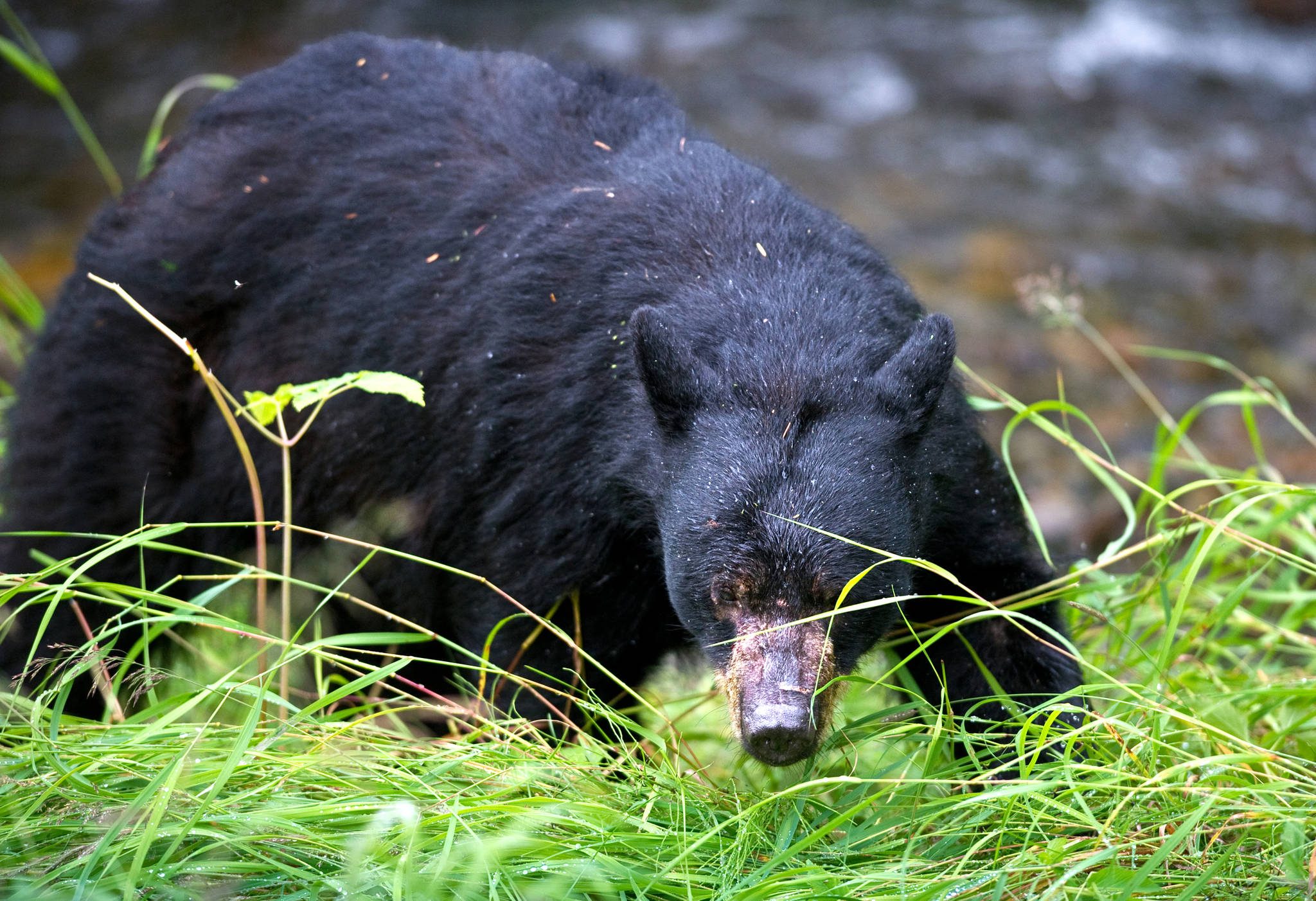A proposal passed Thursday that would no longer require subsistence hunters to mark their traps with identifying numbers in Southeast Alaska.
The measure was one of three proposals that the Southeast Alaska Subsistence Regional Advisory Council voted on Thursday to send to the Federal Subsistence Board. If approved by the board in an April 2018 meeting, the new rules would go into effect July 1, 2018.
The proposal to no longer require hunters to mark their traps aligns regional subsistence trapping rules, which still required trap marking, with looser state trapping rules which don’t require them.
“I see this as a bit of housekeeping to align us with state regulations,” council member Robert Schroeder put it during the Thursday meeting.
In 2006, the state Board of Game, which manages non-subsistence hunting in the Alaska, passed a law to require trappers to attach a metal tag to their snares and traps. The tags were required after Alaska Wildlife Troopers and the Alaska Department of Fish and Game expressed concern that a lack of trap identification made hunting enforcement difficult.
In 2016, the Board of Game removed that requirement under the rationale that trappers were generally responsible and trap markings did not prevent illegal trapping.
The Office of Subsistence Management supported the council’s decision to no longer require trap marking, stating that, because the state no longer requires trap marking, subsistence trappers could in most cases avoid required marking by simply trapping under state rules. In other words, law enforcement wouldn’t be able to fine a hunter without required marking, because that hunter could simply claim they were trapping under state guidelines, and not subsistence guidelines.
In addition to passing a proposal to modify trapping rules, the council also forwarded a proposal to allow the small town of Gustavus to harvest goat for traditional reasons and to allow bear baiting in Southeast.
Bear baiting, a popular method of hunting where large drums full of rotting animal parts to lure bear, was previously not available for subsistence hunters in Southeast. If the council’s proposal passes at the Federal Subsistence Board meeting in April, subsistence hunters will be able to operate bear baiting stations.
Several other proposals were passed Tuesday and Wednesday, including one to increase the maximum harvest level of once-struggling Alexander Archipelago wolves on Prince of Wales.
The council also turned down a proposal to establish a subsistence moose hunting season in Berners Bay, north of Juneau, after some confusion over the proposal’s language led them to back off the proposal.
The problem came from a sentence in the proposal that would have closed federal lands to all but subsistence users for a moose hunt from Sept. 15 to Oct. 15. The council tried to amend the proposal’s language but couldn’t find a way to pass the proposal without fear of taking hunting time or territory away from non-subsistence hunters.
That proposal was voted down 7-4 in the tightest vote of the week for the council.
• Contact reporter Kevin Gullufsen at 523-2228 or kevin.gullufsen@juneauempire.com.

